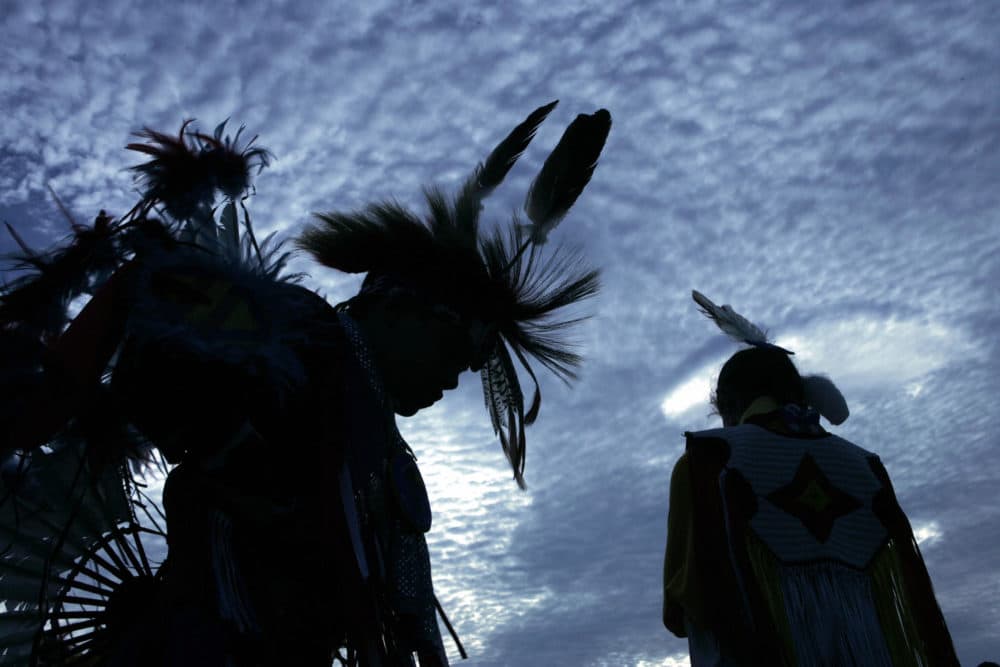Advertisement
Lumbee Tribe Emerges As Pivotal Swing Vote In North Carolina
Resume
This presidential election all eyes are on battleground states such as North Carolina, particularly Robeson County, just south of Fayetteville and home to the Lumbee Tribe.
The Native American tribe is the largest non-federally recognized tribe east of the Mississippi. Robeson County is one of the most diverse areas in the country, and after consistently voting Democrat, went red in favor of President Trump in 2016.
But this year, many members of the Lumbee tribe remain undecided and could emerge as a critical “swing tribe” in the upcoming election, says Lumbee Tribal Chair Harvey Godwin Jr.
Godwin says being a swing tribe is actually good for Indian country because it will bring national exposure to the issues Native Americans are facing across the U.S., such as access to broadband, health care, education and affordable housing. The Lumbee are recognized as a state tribe by North Carolina, but the lack of federal recognition means they miss out on the full benefits awarded to other Native American tribes.
“I'm hoping that it will inspire other tribes to become more involved in the political process,” he says. “And the bottom line is our native voices matter most when we are active in the nation's form of government.”
Living in the Bible Belt, Godwin acknowledges that many members of the tribe are “devout Christians” and hold conservative values, which is why many have thrown their support behind President Trump in the past. He says there has been more buzz around Trump because he has visited North Carolina multiple times, while Democratic nominee Joe Biden has not yet made a trip to the key state during the campaign.
This election is being seen as a referendum on President Trump and his handling of the COVID-19 pandemic. The Lumbee Tribe received $5 million in CARES Act funding and set up their own testing sites across rural areas, Godwin says.
“We've administered 4,500 tests ourselves,” he says. “We came together as a tribal government and we were able to do these things for our people, and I think that's [what’s] unique about the Lumbee people is that we had to create our own way of helping our people.”
Godwin says he is encouraging the Lumbee people, especially the elderly and those vulnerable to COVID-19, to take advantage of early voting options and mail-in voting. Few Lumbee registered voters have voted by mail in the past.
This year has also been defined by a summer of protests against police brutality and racial inequality. Since the Jim Crow era, the Lumbee Tribe has been on the front lines of fighting for racial justice, Godwin says, most notably by driving out the Ku Klux Klan at the Battle of Hayes Pond in 1958.
Now, the Lumbee tribe is following in their ancestors’ footsteps by answering these new calls for racial equality.
“Our people have come through that time, and we welcome others into our community,” he says. “We've always worked together for the greater good of each other, not just African American and American Indian, but the other groups as well.”
Correction: A previous version of this story misquoted Lumbee Tribal Chair Harvey Godwin Jr. as saying the Lumbee tribe is "triracial." He was actually referring to the county in which the tribe lives. We regret the error.
Cristina Kim produced and edited this interview for broadcast with Tinku Ray. Samantha Raphelson adapted it for the web.
This segment aired on September 15, 2020.

